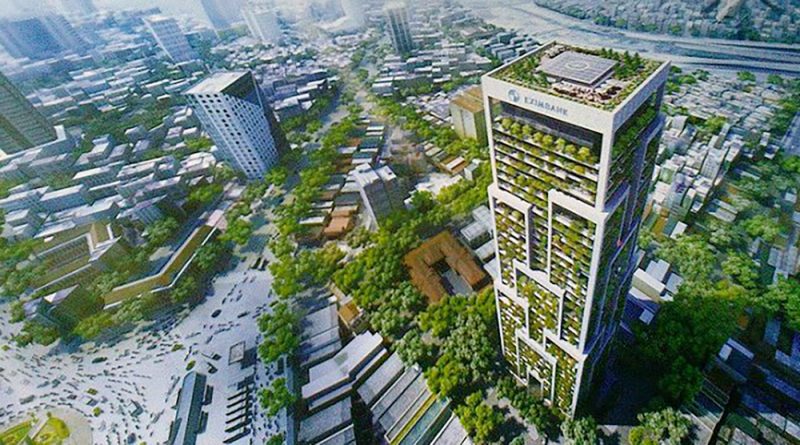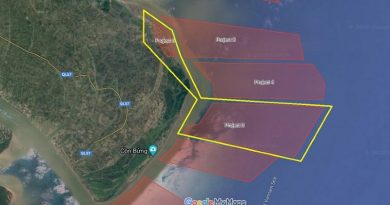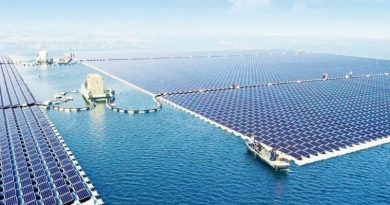Mitsubishi Estate Asia vies for Eximbank Tower project
Despite being selected as the number-one investor in the Eximbank Tower last year, Mitsubishi Estate Asia has yet been able to have its hand on the construction of the 40-storey project.
Eximbank’s board of directors has prioritised Mitsubishi Estate Asia first partner among a handful of investors for its Eximbank Tower project. Taisei Corporation came second in the list while Keppel Capital in the third place of priority to advance to the next steps of the project development, given the approval of the State Bank of Vietnam (SBV).
Other investors interested in the development include Coteccons, Indochina Kajima, Tokyu, Ben Thanh Land, VinaCapital and Korea Investment.
The subsidiary of Tokyo-based Mitsubishi Estate Group evaluated the project’s 3,514 square metre site in Ho Chi Minh City’s District 1 at $111 million and a total development cost at $114.4 million. The construction is due to take 48 months to complete.
While Eximbank has written to the SBV to ask for approval on its scheme to contribute the land use right and floorspace sharing scheme, the central bank has yet responded to the Ho Chi Minh City-based lender.
This has added to the lengthy progress of the project which was initiated some eight years ago and Eximbank has been known to constantly seek for ways to turn its project from a sketch to reality.
Back in 2011, Eximbank’s shareholders approved the proposal to move its headquarter to 7 Le Thi Hong Gam street in District 1 where it planned to build a 40-storey tower comprising of offices, hotel and apartments on an initial investment budget of VND3,538 billion ($154 million).
A year later, Eximbank signed up a contract with consulting firm Nikken Sekkei Ltd. for the project’s architectural design.
Nevertheless, in 2014, Eximbank called off the contract and in the following year, the lender announced that it would not commence the project any time soon.
In a later attempt to carry on with the project, Eximbank took Savills Vietnam on board to advise on the best investment approach for the tower.
Eximbank then considered three options for the tower with one being simply building an office building, or others to either develop a high-end office-apartment project or construct a complex consisting of apartments, offices and officetels all together.
In 2017, Eximbank decided to opt for the first option of constructing a 40-storey office tower, in which the lender will put in the land value instead of cash.
Meanwhile, in the prepared annual general shareholders meeting documents published on its website, the lender noted a few approaches to seek for shareholder approval in a bid get the Eximbank Tower project off the ground.
It prefers to team up with a partner to develop the project, with three potential investors on the shortlist.
A notable approach includes Eximbank to use its own capital to invest in the project should the SBV does not approve the land contribution method it has suggested beforehand. The floor area that the bank does not use up for its office will then be put on lease.
Another one is for Eximbank to decide its own investment procedures in line with current regulations and banking rules to proceed the construction progress.
As the meeting, which was scheduled for April 26, did not take place, the fate of the tower now remains undecided.
Source: e.theleader.vn







